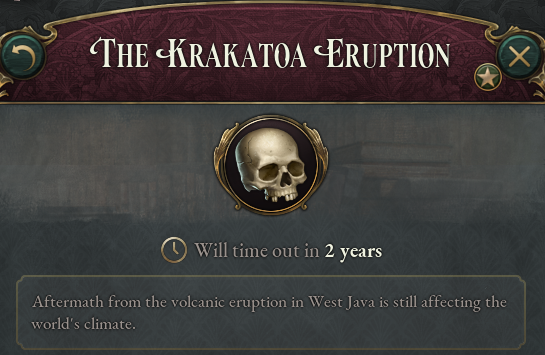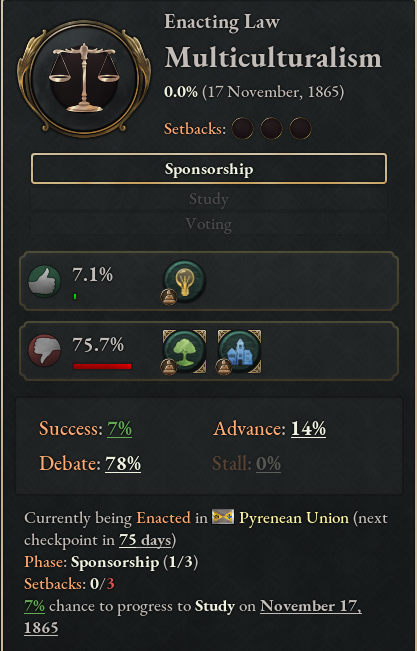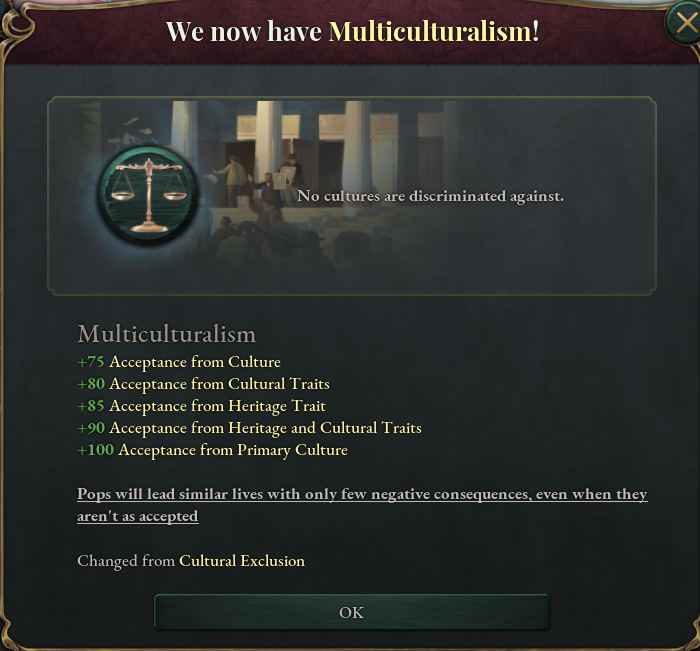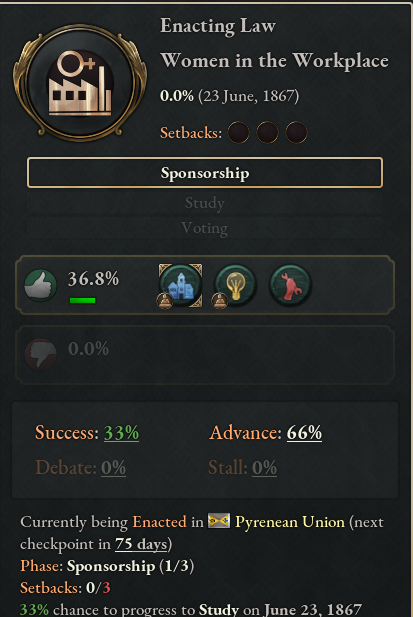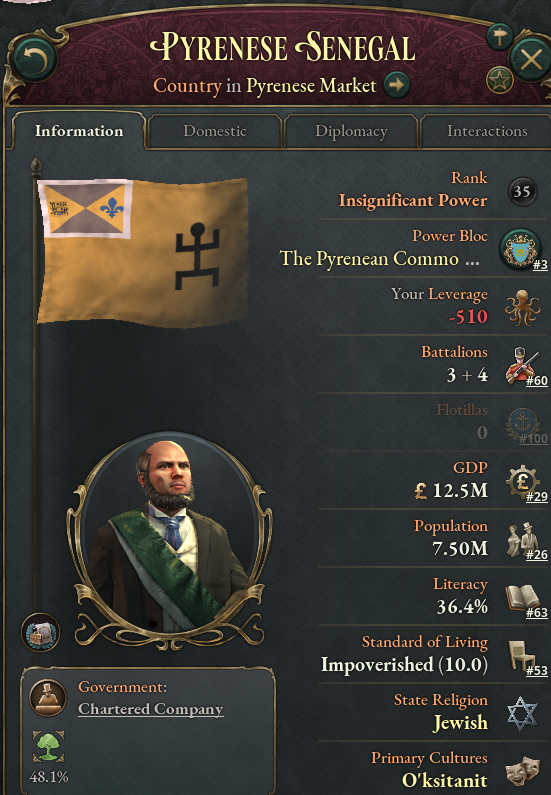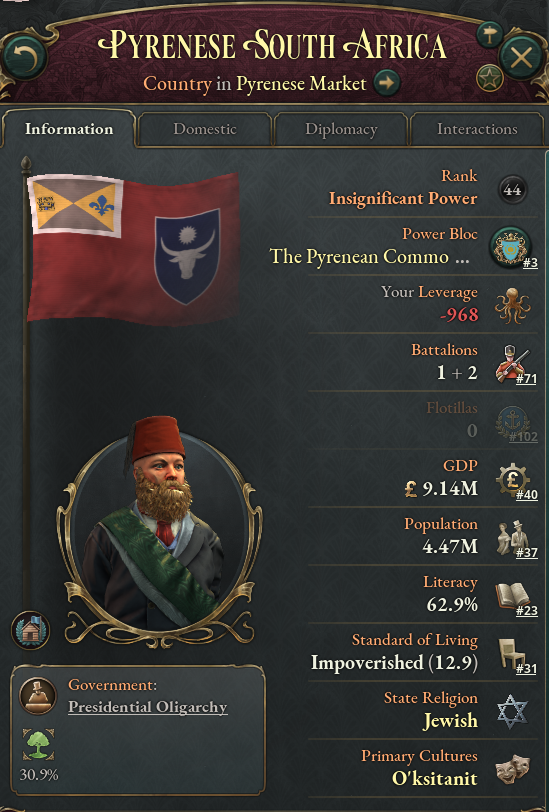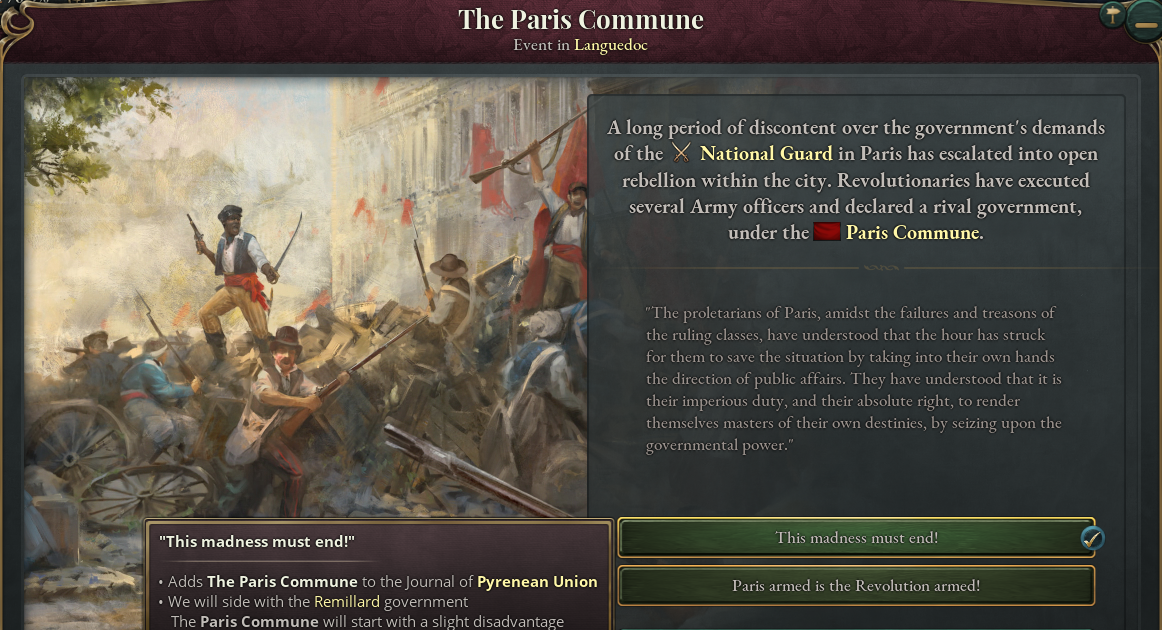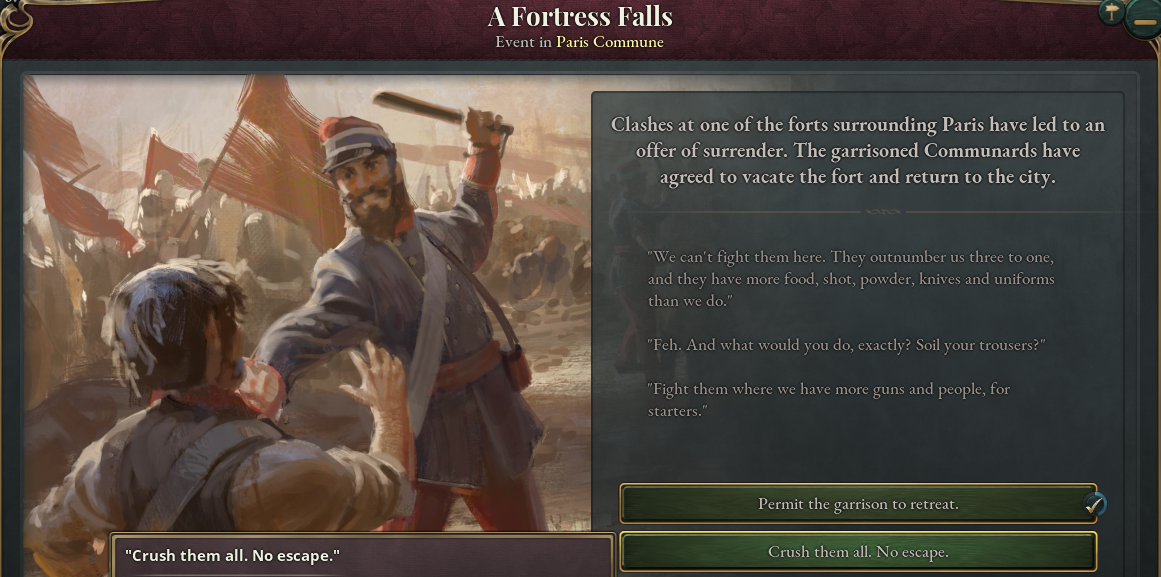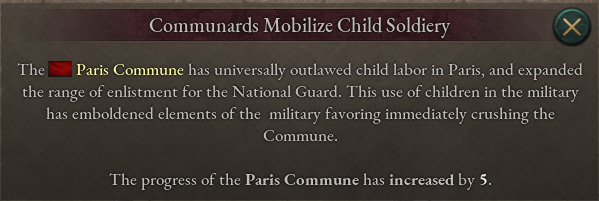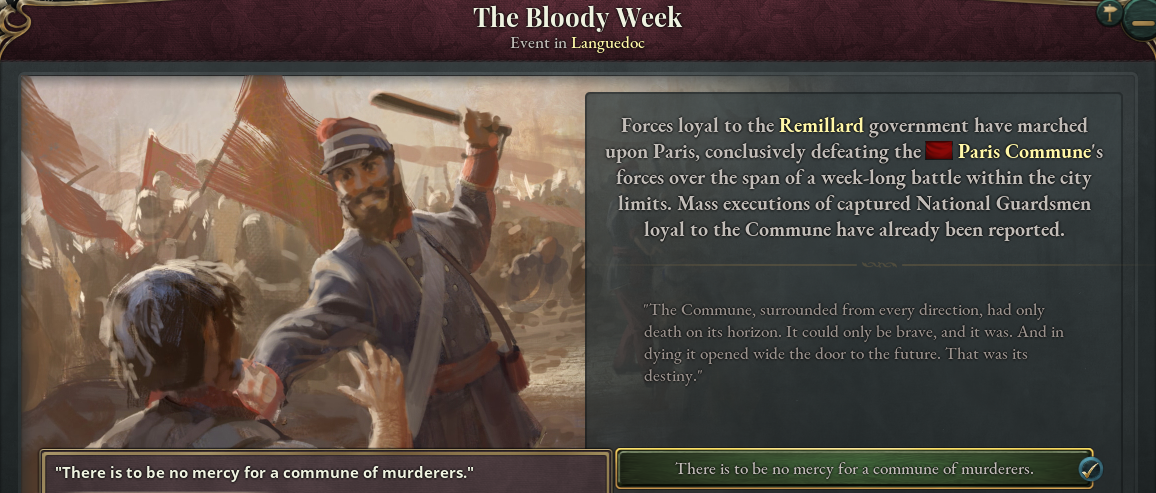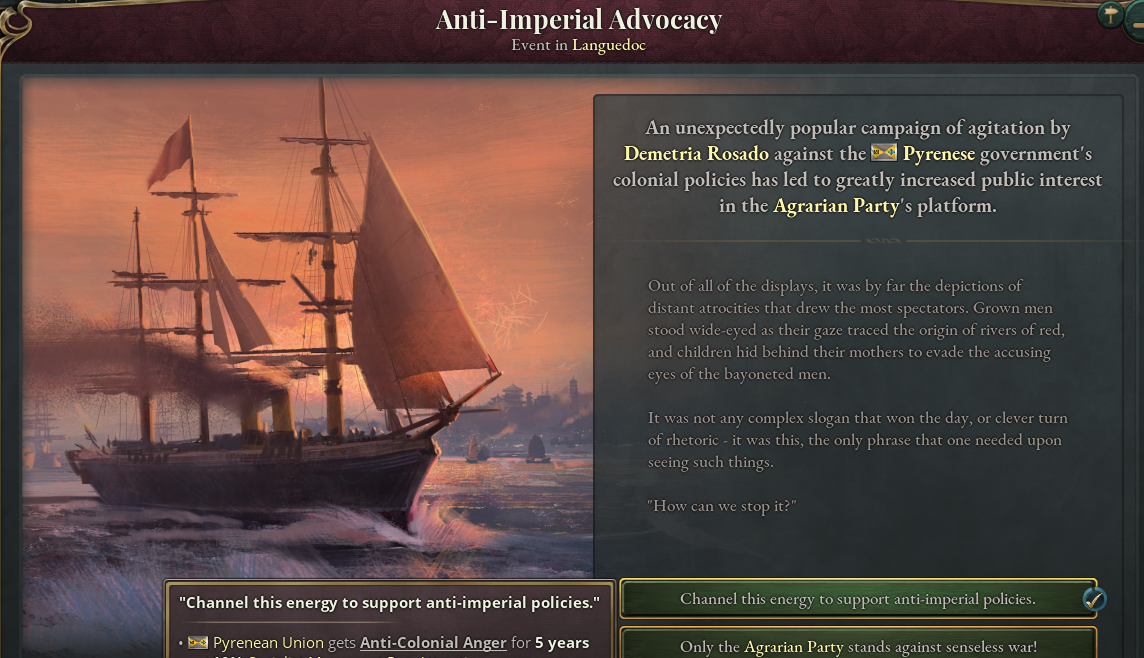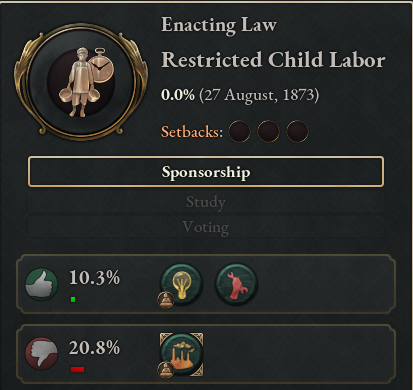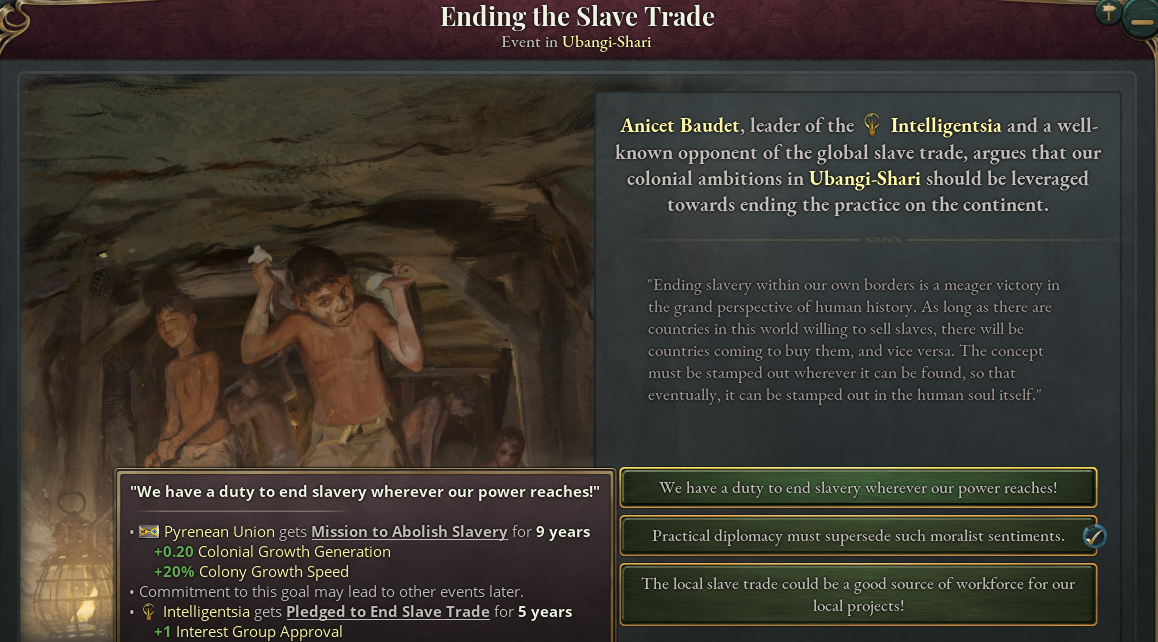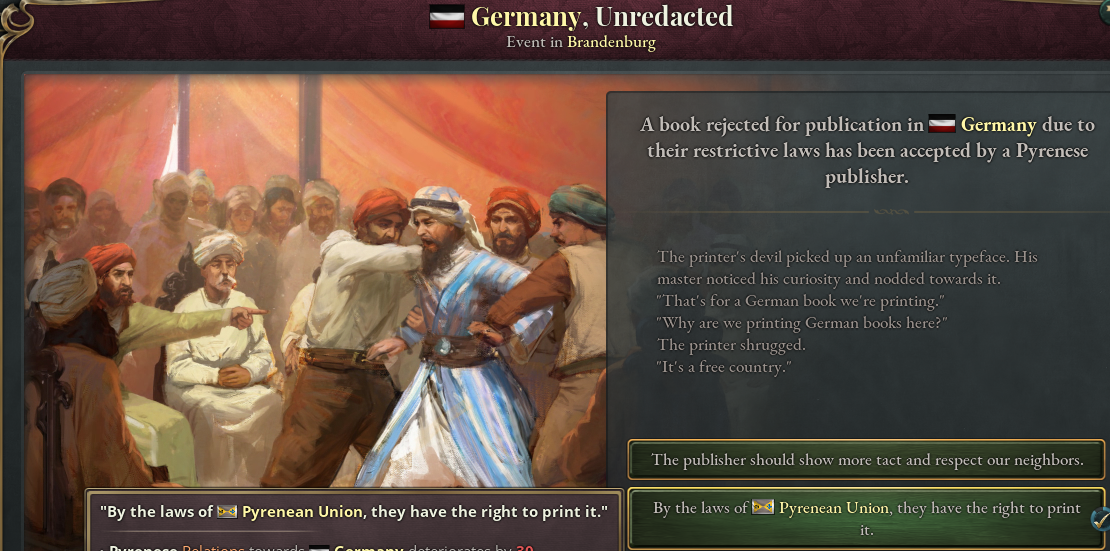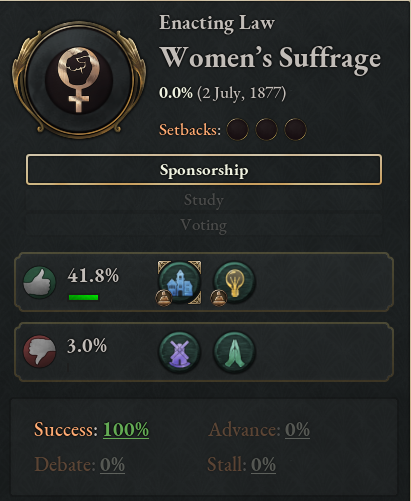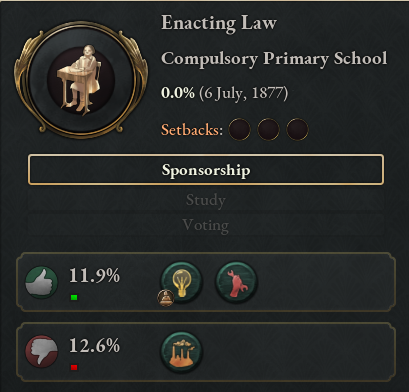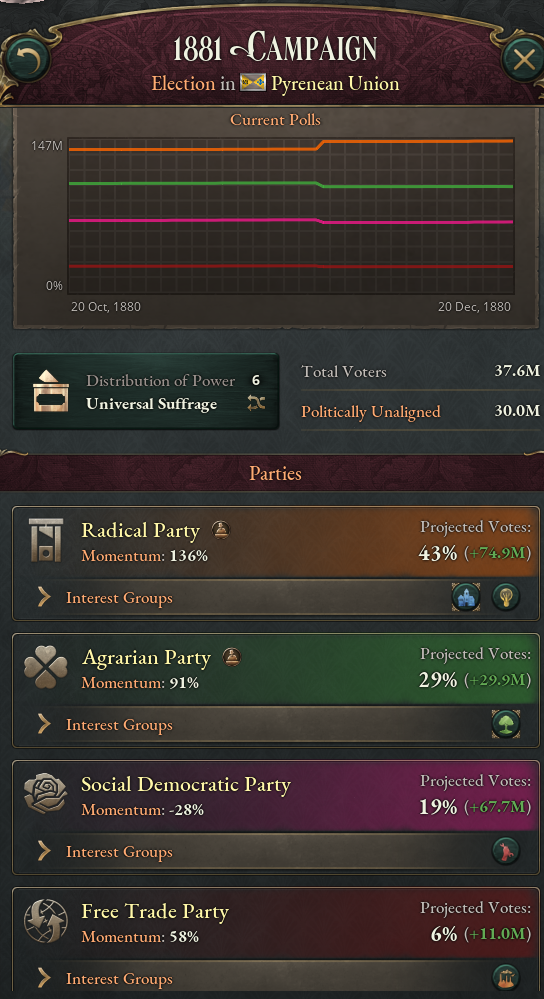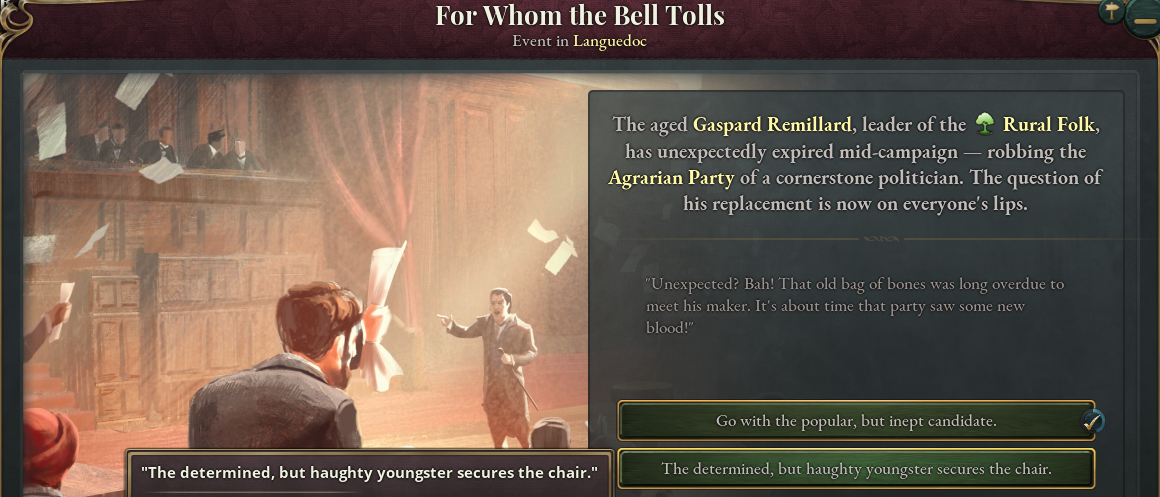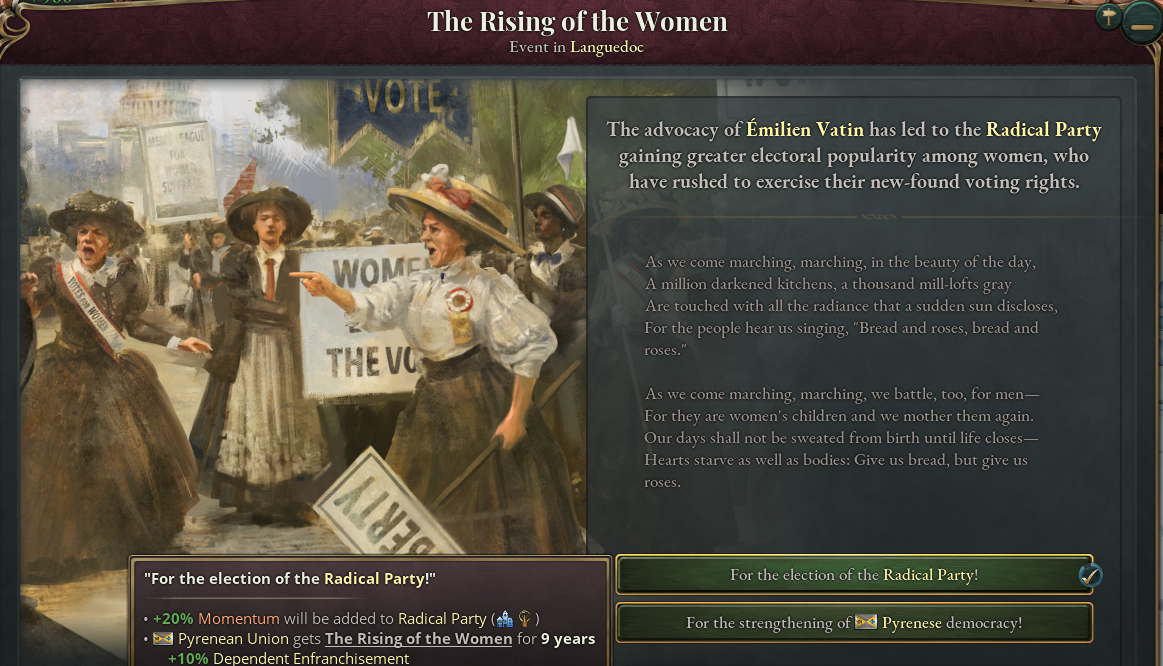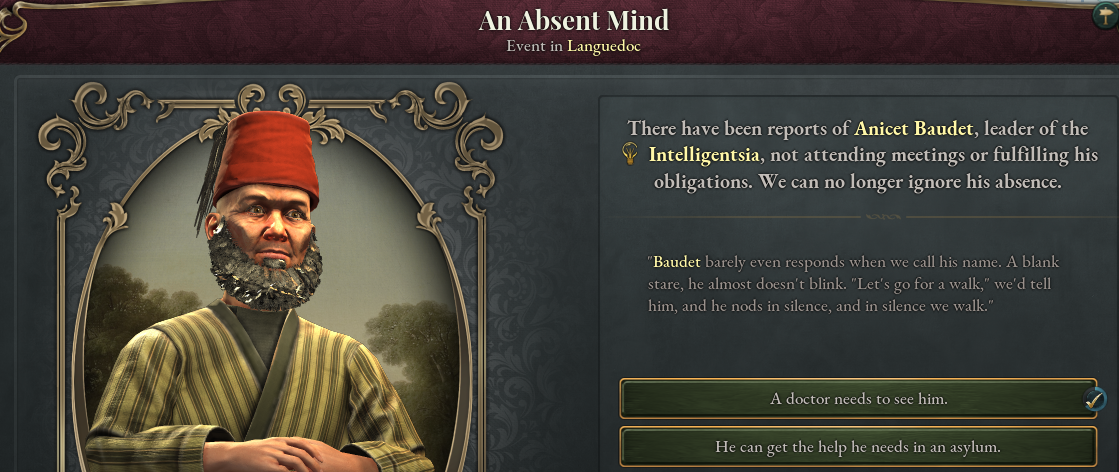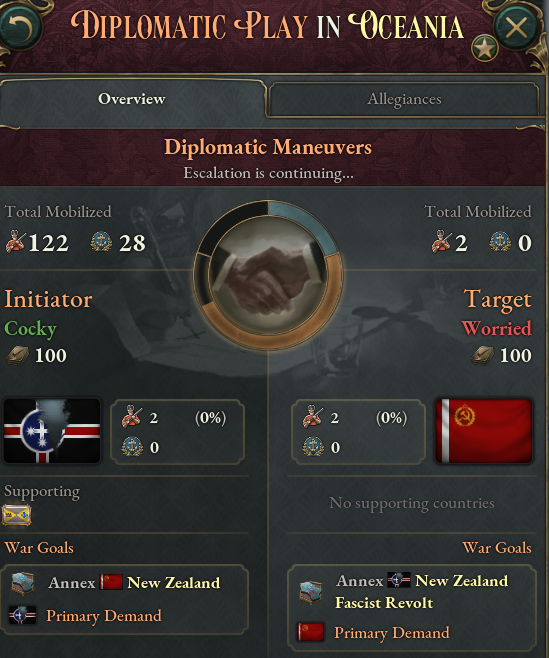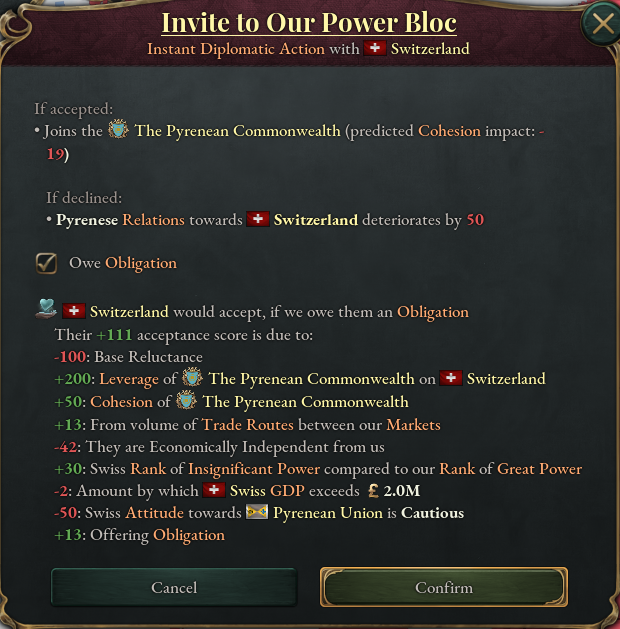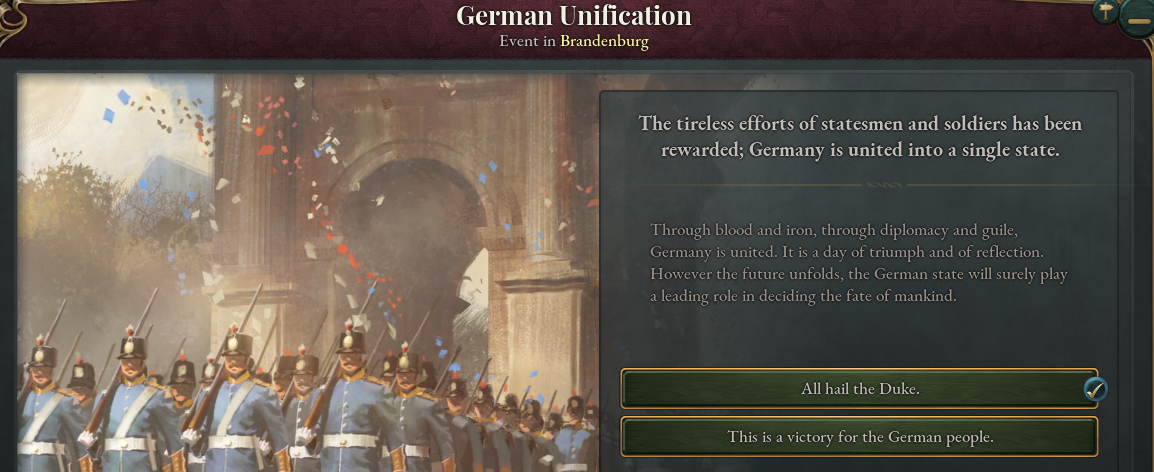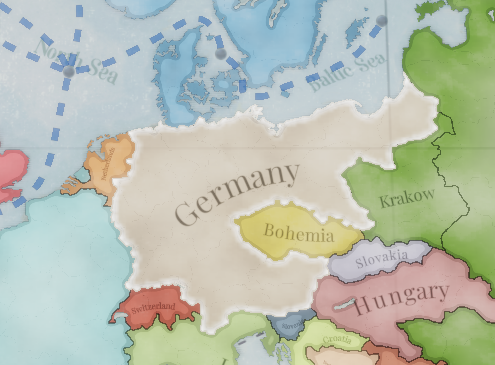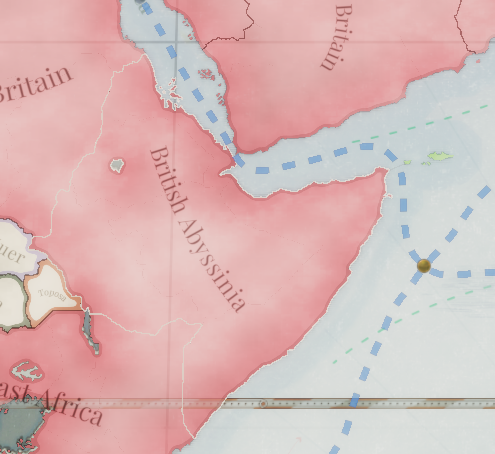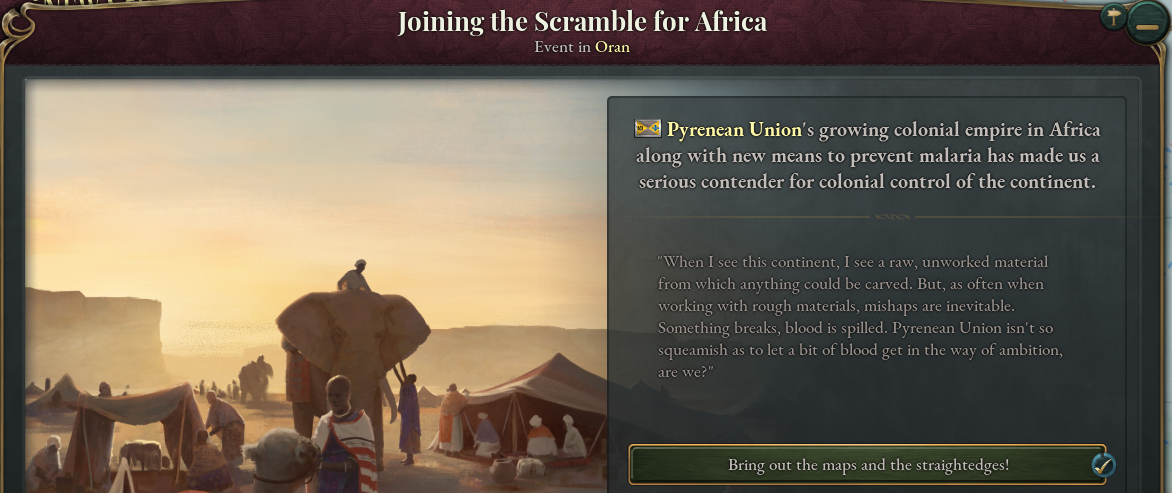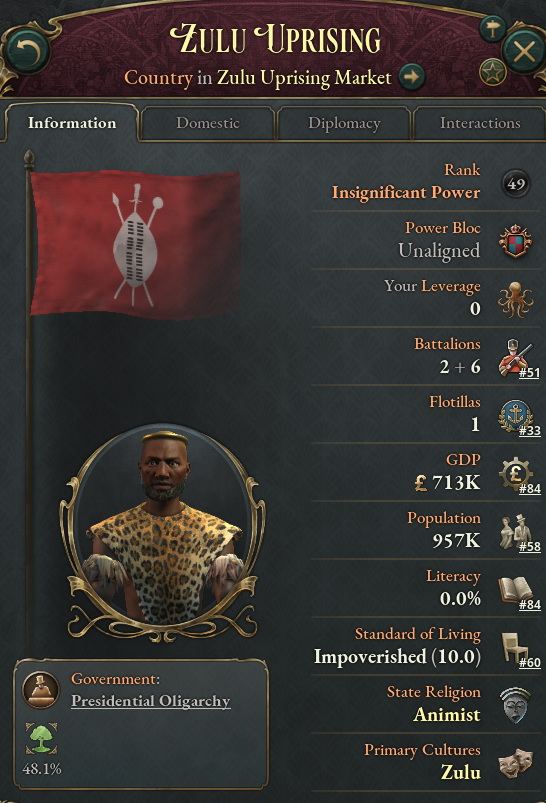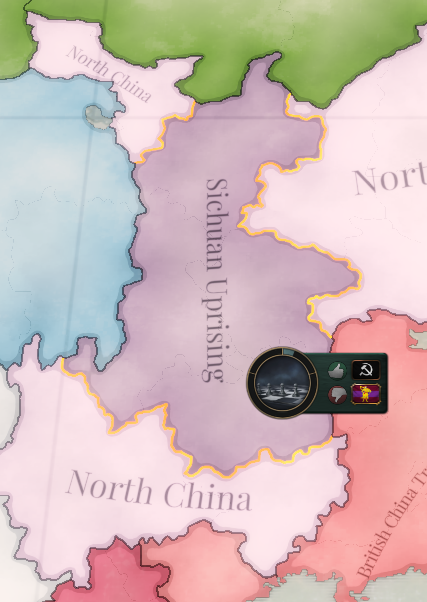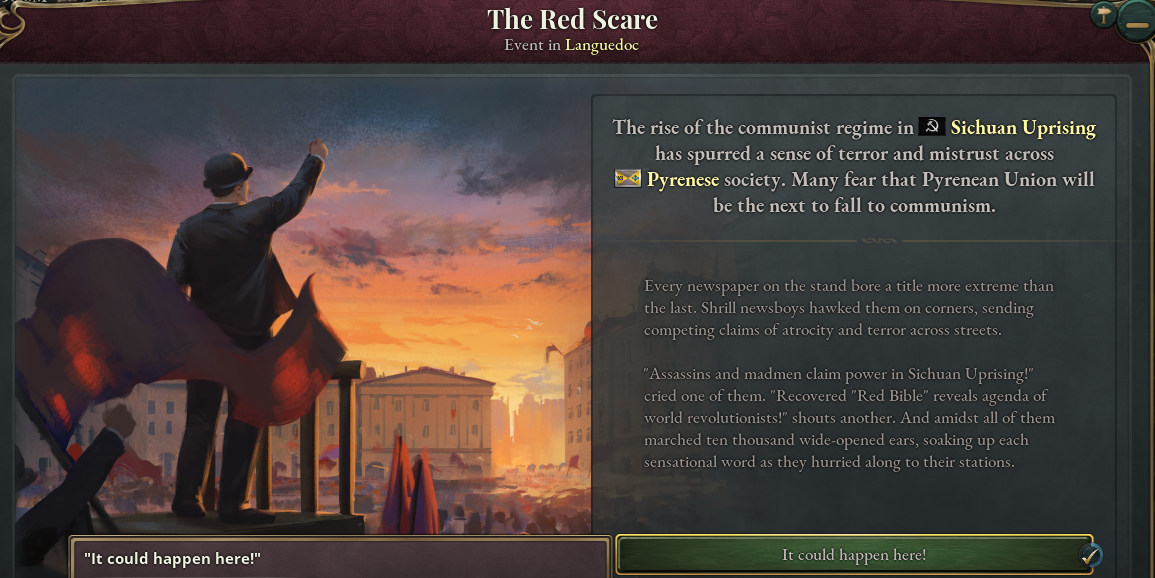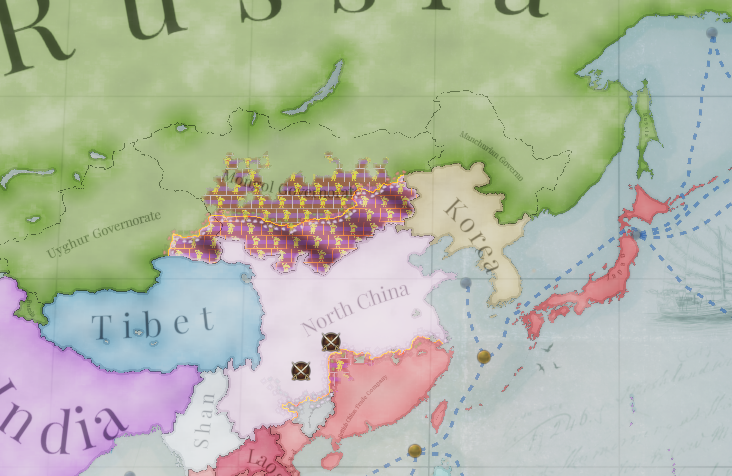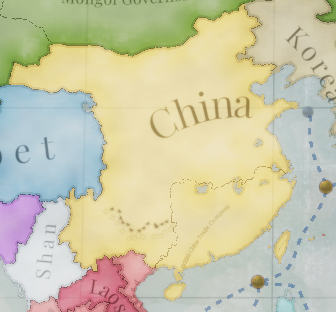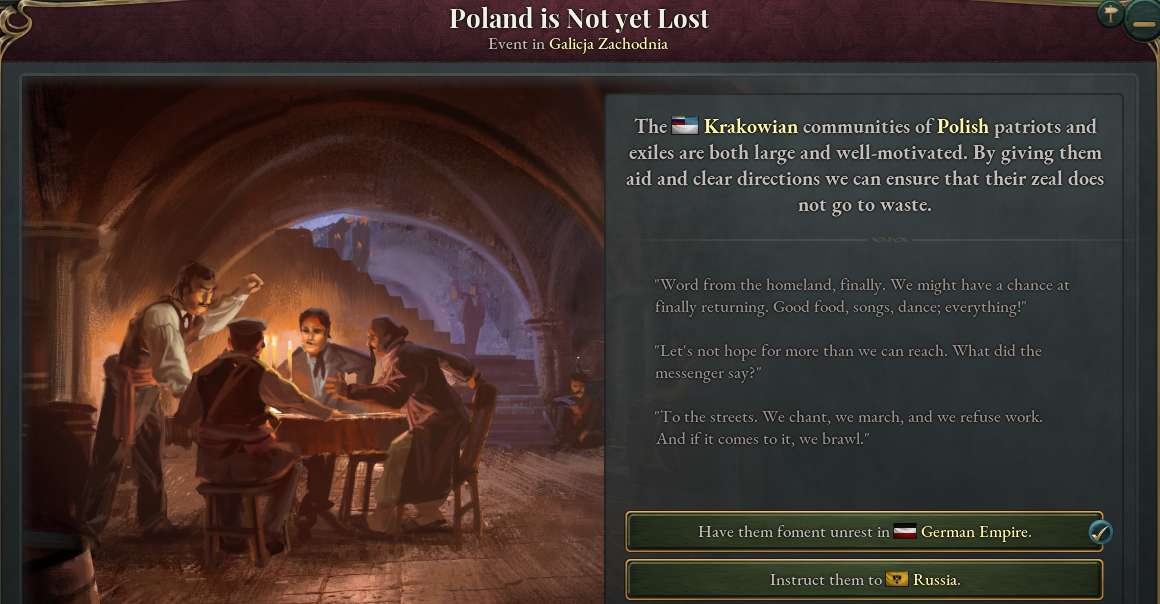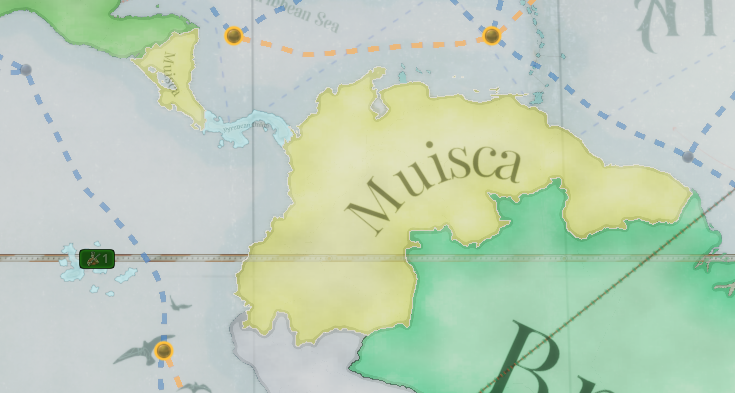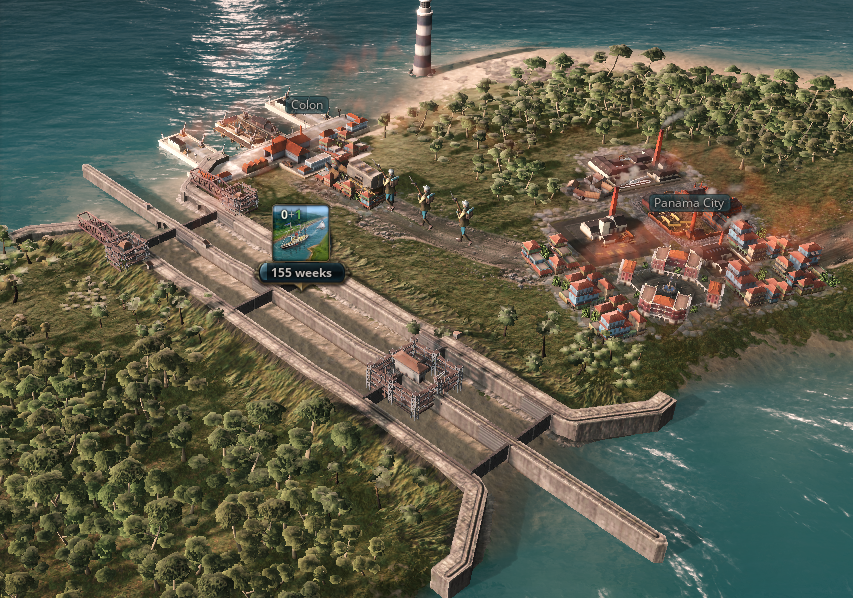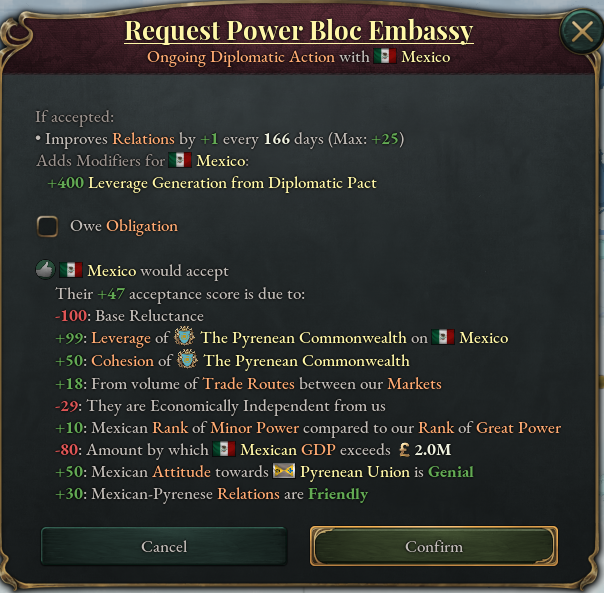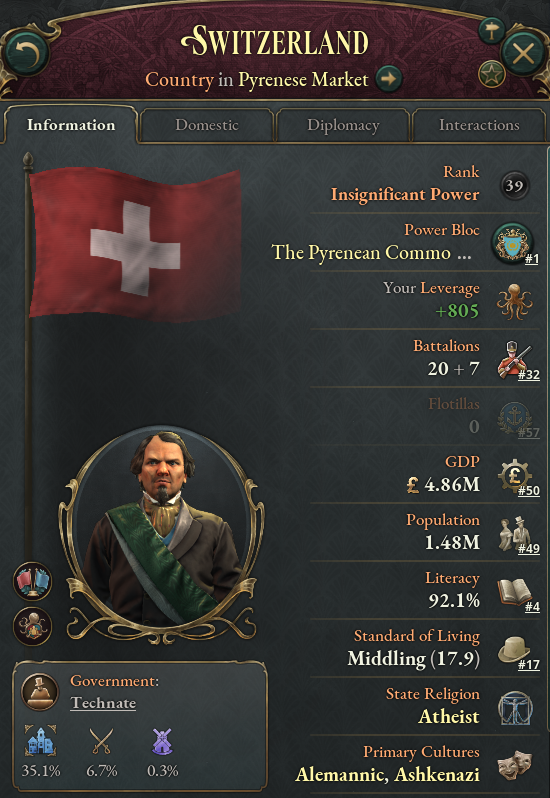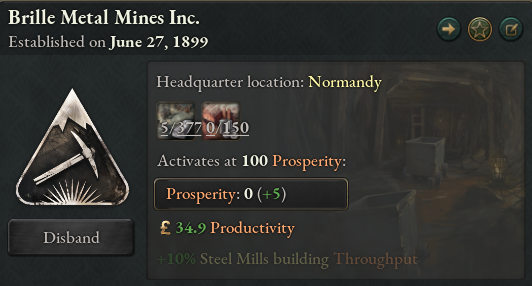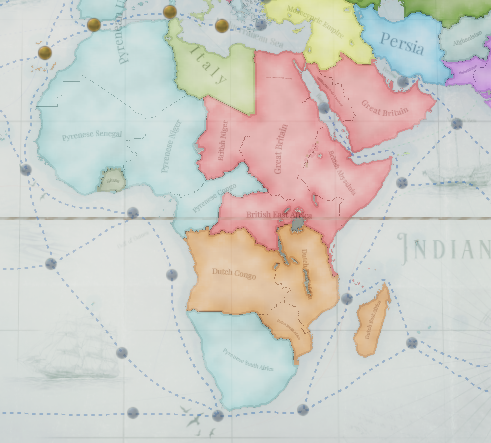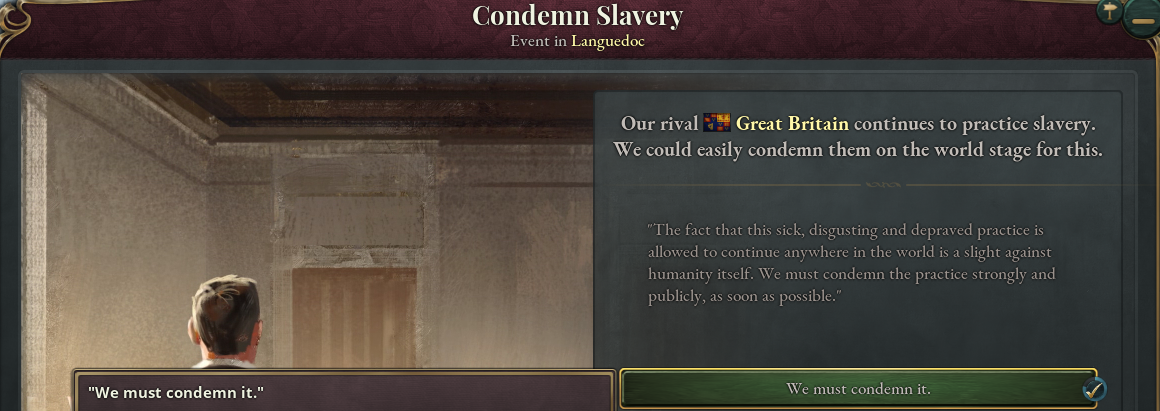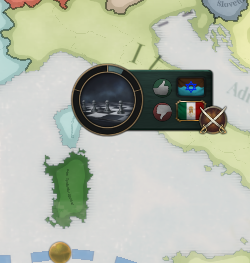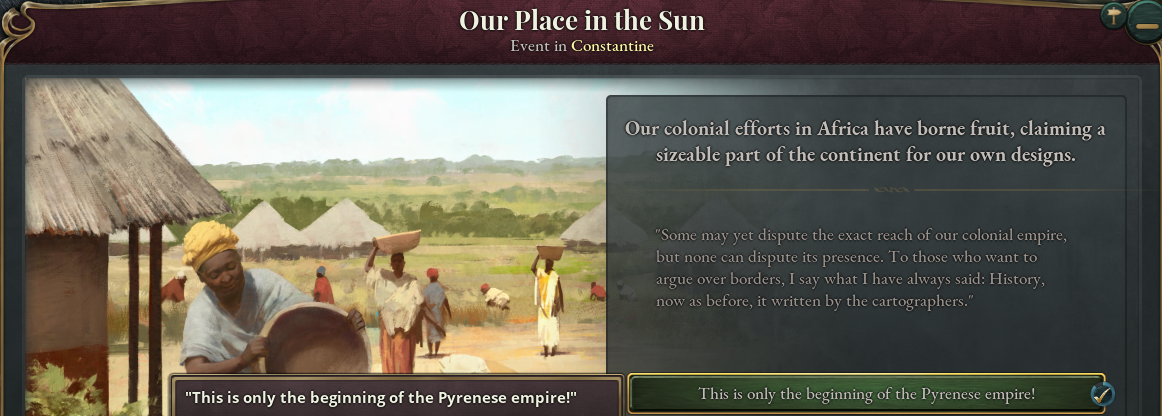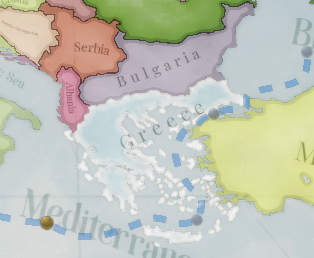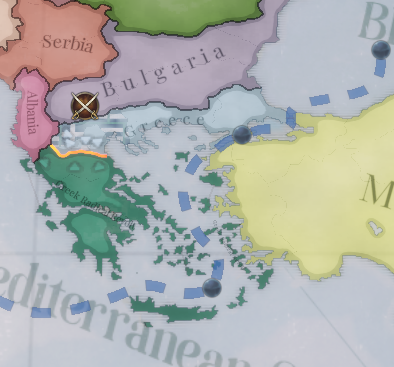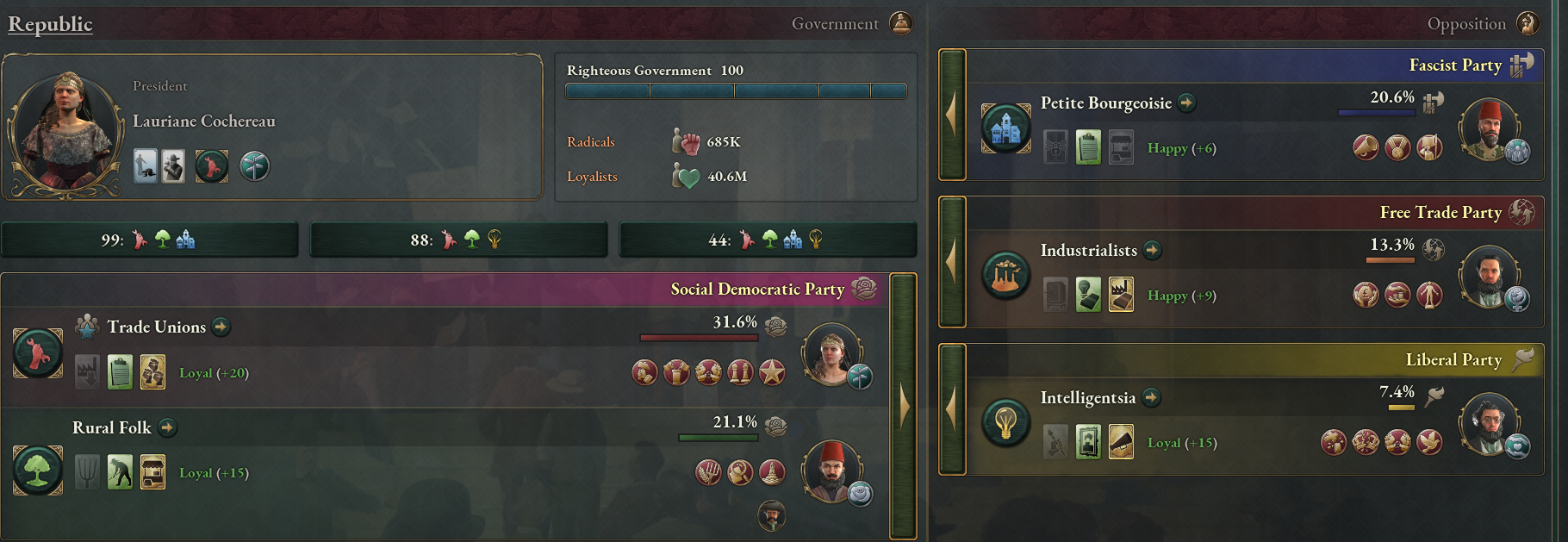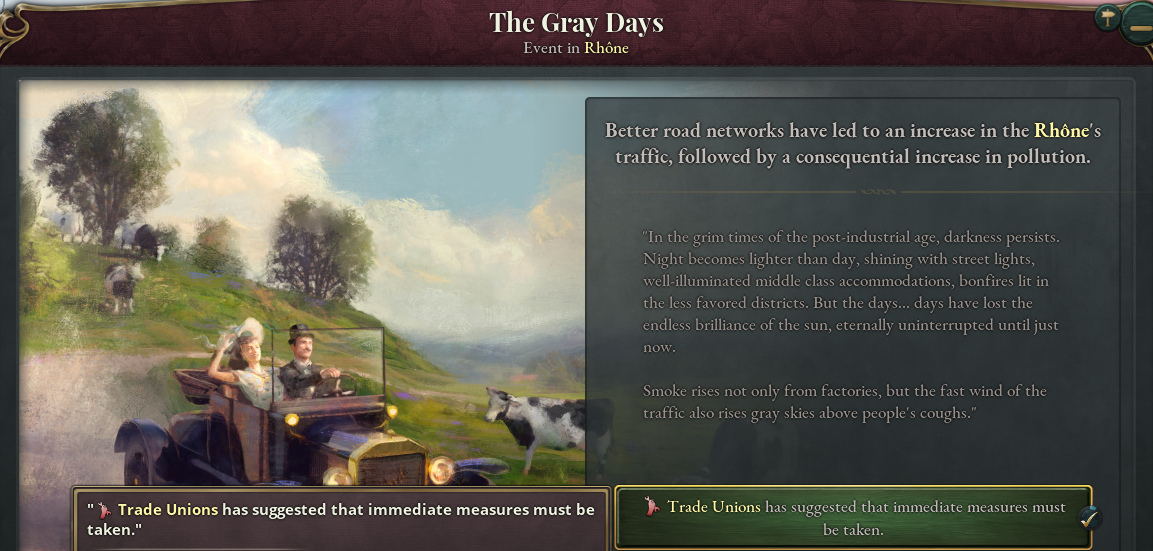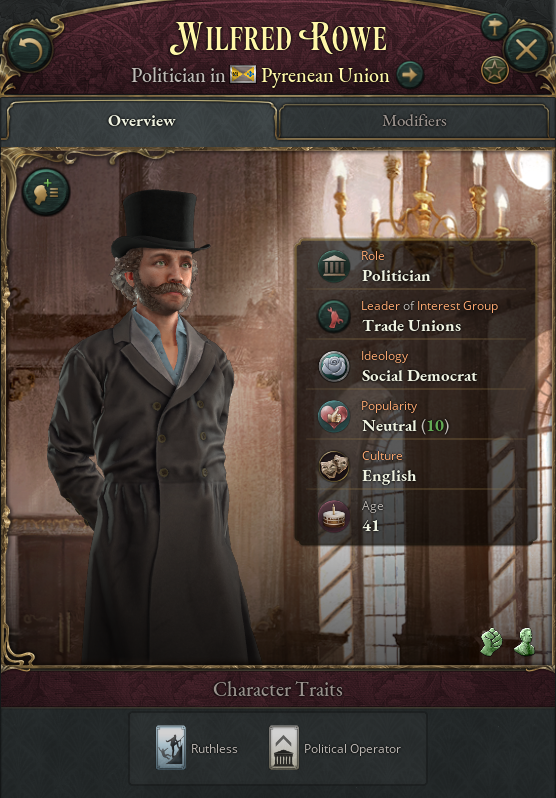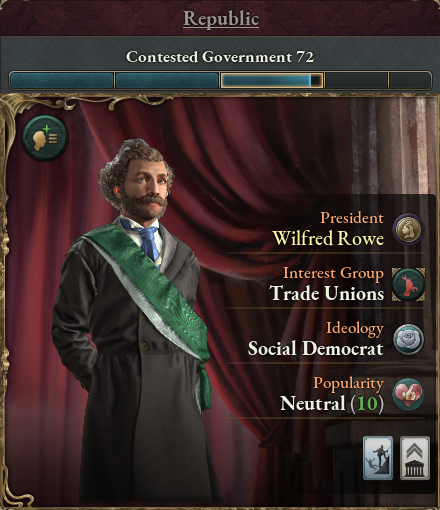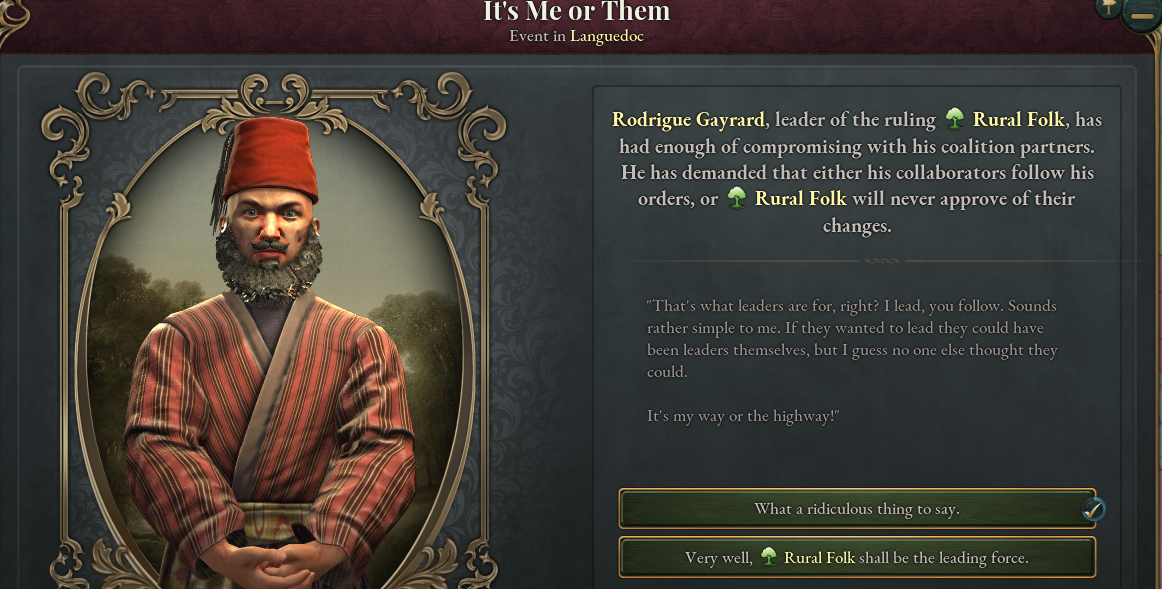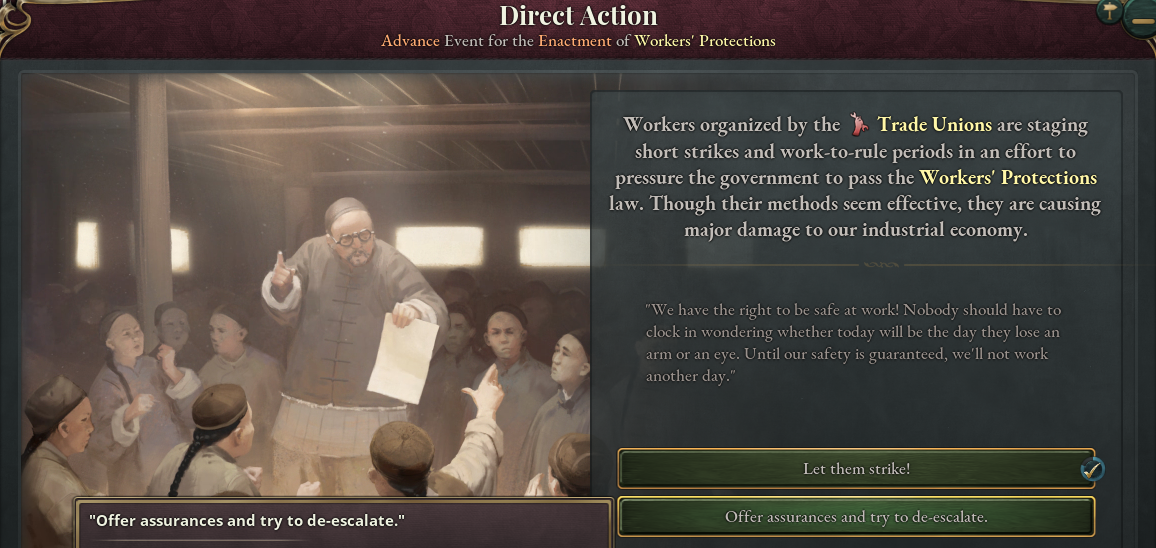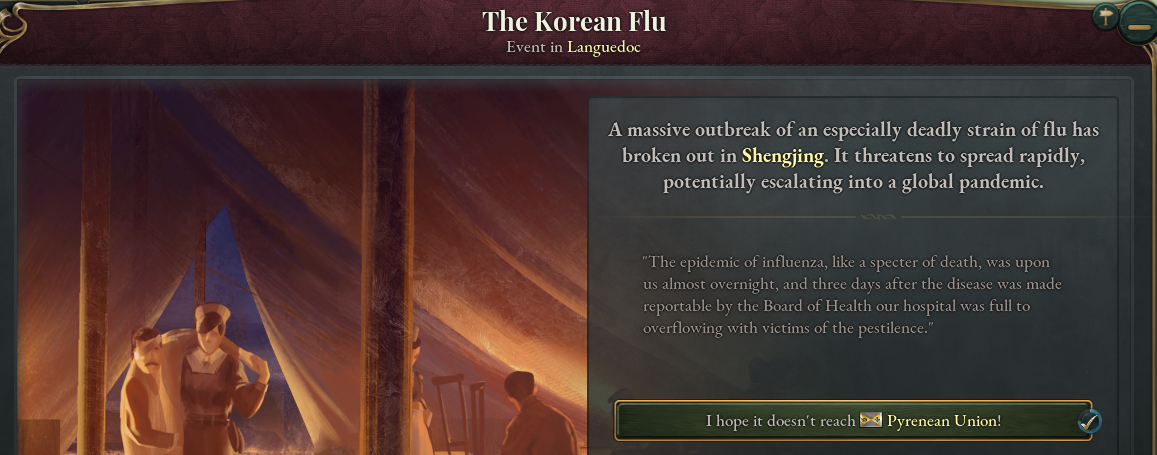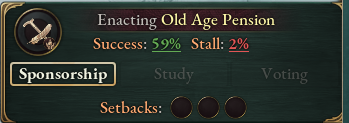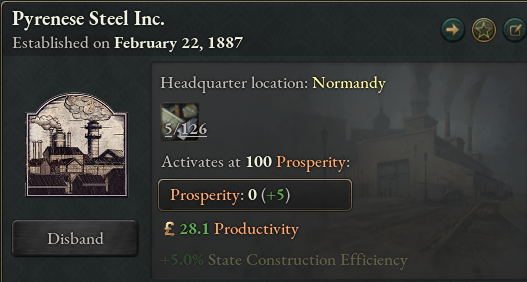1886-1901
New End, New Beginning
University of Kulturburg
Prof. Lisa Friedman came to take over Prof. Obadiah Levin's publication and research efforts, blissfully unaware of his last writings. She seeks to extend the width of the research up to the 1930's.
Foreign Situation
-By the dawn of the new century, Poland experienced societal upheaval against the Russian rulers of the country. Both the conservatives, the liberals and the trade Unions wanted Russia gone, so Polish agitation against the powers which took Poland became commonplace.
-In Panama, for 20 years by the point of 1896 did the Union prepare itself to construct the Panama Canal. And yet, they could not get Muisca to budge. As such, they had to intimidate the country with a full-blown military invasion and the end of the Onzaga monarchy, in order to get Panama. Needless to say, the way the Republic entered the Central American fray shocked many. In 1900 the Pyrenean authorities began building the canal.
[/I]
-Mexico, perhaps intimidated by the Republic, agreed when the Republic sought closer cooperation with Mexico. While successful, such brazen diplomatic manouvres could anger New Constantinople and their New Roman Emperor.
-Switzerland occupied a very privileged place in the Pyrenean Commonwealth. Being the place where the laws were the most lenient towards the industrialists, many CEOs moved there and have set up their companies there, in order to be the best of the best at their game. Over time though, power got to their head, and they had booted the Zuckerkandl monarchy out, replacing it with a board of CEOs, lead by probably the most powerful man in Europe at the time: Elihu Brill, CEO of the Brill Metal Mines Inc.
-The Budapest Conference of 1895 had seen the remainder of Africa divided along these borders, with a treaty ratified on the conference to respect these borders.
-The old President-dictator of Croatia, Kozma Pavic, was nearing his end in 1894. Already his influence was attacked within his own party, and then the youth and much of the populace rose up against him in the south of the country. The rebellion was supported by the Pyrenean Union, but Pavic was supported by the Italians, so the civil war was bloody and skirmishes occured even in Savoy. In the end, Croatia had won its freedom, and became closely aligned with the Republic, eventually joining the Pyrenean Commonwealth in 1898. During this time, the Union also helped Canarias get rid of its monarchy, and join the Commonwealth, while a mainly Spanish-inspired revolt was put down in the Philippines.
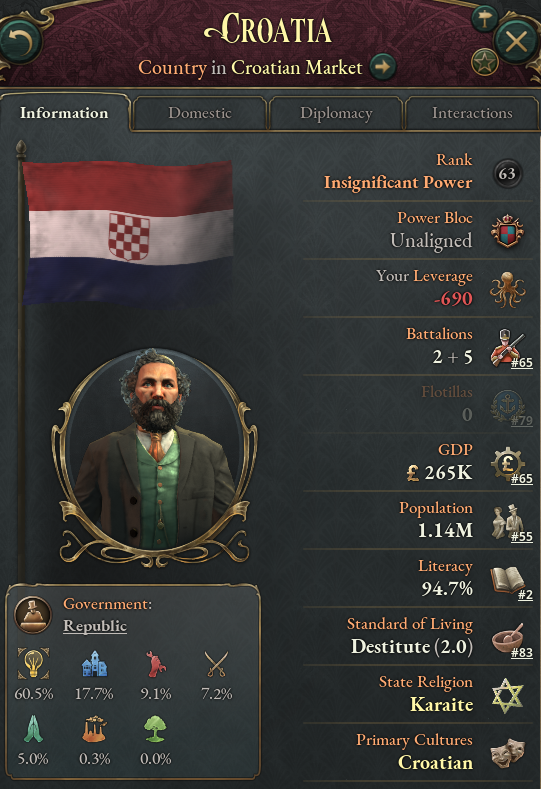

-The Pyrenean Union became the most known champion of egalitarianism across the globe. This gave them the opportunity to condemn Great Britain for still practising slavery across its colonies. Such tensions were why the 1895 Budapest conference was needed, since this could've erupted into a world-scale war over Africa.
-In Chile the conservative elements of the country revolted against the Union in 1893, seeing that Chile was going down the path the Republic had set it on. The Union did not even have to send troops, since Chile had beaten the rebels easily.
-The local Sardin'it populace had enough of Italian Catholic oppression, so they once again revolted as Baleo-Tyrrhenia, seeking to unite with the Mosecypric Empire once again. Surprisingly Italy failed to put down the revolt, leaving the Pyrenean Union to sweep in an conquer the Sardinian rebels. Italy had still claimed the land though, and it became a major point of contention for the Italian nationalists and fascists, such as Emperor Sisto Antelminelli, who had began increasingly styling himself as the new Roman Emperor.
-The Union clearly had a grasp on the African continent, and as the great powers of the world have recognized in the Budapest Conference, the Pyrenean Union had a place under the Sun.
-In Oyo-Yorubaland, the old institution of the Banu Socotra monarchy had become defunct to the point that socialism had spread to the last independent African country. The Council Republic of Ghana took control of the country and destroyed the monarchy, with Papa Ndao at the head of the Communist Party of Ghana, becoming the second communist nation in the world (after Korea). Due to the Social Democratic Party in the Republic had preferred communists to a monarchy, they had allowed the change. Eleazar I of Banu Socotra would barely see the 20th century only to have seen his family executed after he abdicated way before the communist rebels. Truly a sad end to the truly last von Eberstein.
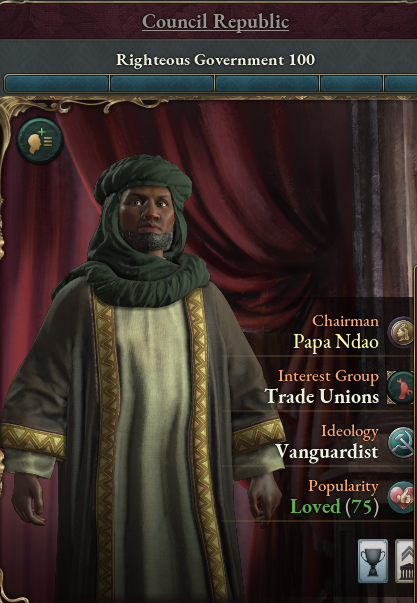
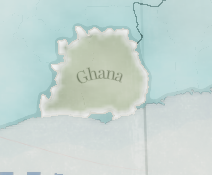
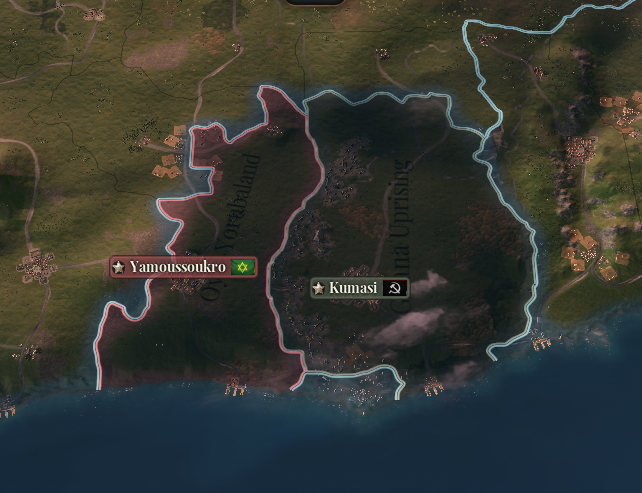

-Korea has always taken pride in it being the birthplace of the revolution. Always being more radical, the socialists have risen to prominence in Korea through democratic elections, eventually shifting away from social democracy and towards communism. The Worker's Republic of Korea, along with the First International, was born, in a state being socialist according to Marxist terminology. (Marx lived in the Rhineland during his lifetime, but he never had to be persecuted, as socialism became much more prevalent later on only.) Korea continued to cooperate with the Pyrenean Union due to the Social Democratic Party ruling the country, and the two have even signed a deal of joint military cooperation.
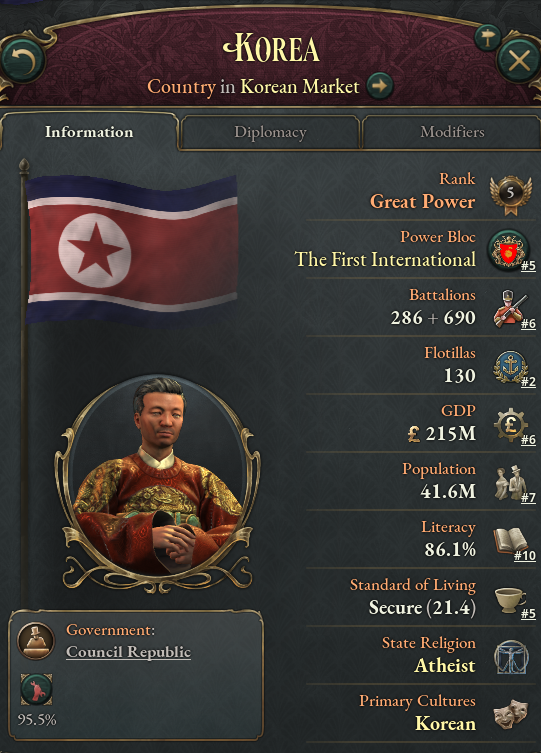
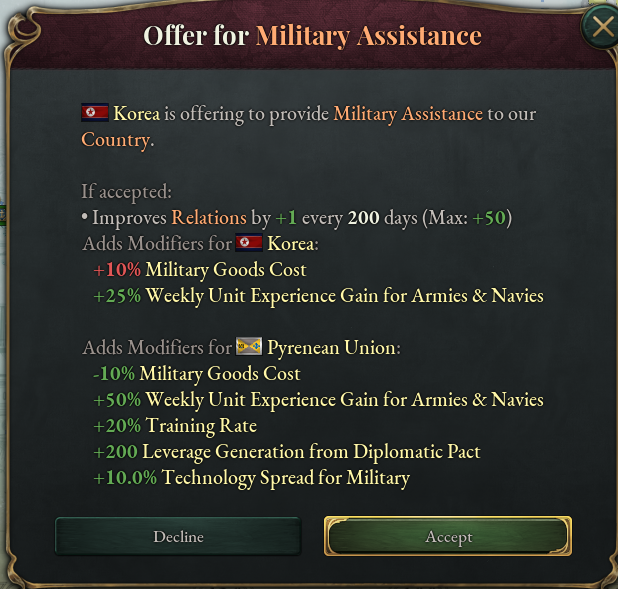
-The majority Orthodox country of Greece had enough of the Monophysite Eutychians running the country under the absolute monarch Basileios of house Ptochos. They wanted to reinstitute Orthodoxy as the primary Christianity of the country and to create a republic free from a tyrannical monarch. While the revolt was close, it was put down by the monarch, cementing Greek monarchy for the years to come. Basileios soon passed away, and his heir, Constantine Ptochos openly embraced Orthodoxy, received with shock and dismay by the Eutychian Patriarch of Constantinople, who have hoped that the Kings of Greece would support Eutychianism over Orthodoxy. The days of Eutychian Monophysitism were numbered.
In the Pyrenean Union
-Since Wilfred Rowe retired from politics in 1899, a new candidate had to be chosen, and that candidate was Lauriane Cochereau, the first female President of the Union. While unelected, she has secured the support of the workers to win the 1901 elections, legitimizing her Presidency. A new resurgence of right-wing politics could also be observed, as Matteo Hardy had founded the T'irolh Fascist Party, seeking to restore the Empire of Tyrol as an ultranationalist Jewish state to control the Mediterranean.
-Excess industrialization, as we can see today, can genuinely affect the climate badly. As Lyon became one of the most industrialized cities in Europe, pollution followed. To prevent potential risks, the Social Democratic Party passed a new law regulating the smog a company can produce in the athmosphere.
-Wilfred Rowe was an English socialist agitator who had formerly agitated in Britain. Seeing how resistant that country is to change, he had fled to the Pyrenean Union. He had met with Rodrigue Gayrard in social democratic circles, and he soon began to be recognized as a great orator and leader, placing him at the front of the Social Democratic Party, which had nominated him over Gayrard. He soon became the first non-Pyrenean-born President of the Union in 1890. While their friendship would suffer due to Gayrard wanting to take more power over the party, their friendship generally remained strong until he retired from politics in 1899.
-In this era the workers and the government worked hand-in-hand to advance new reforms. The workers often organized smaller strikes which the government could lobby behind in an effort to pass a new, better workers' protections law, which was enacted in 1893.
-During this decade the Korean Flu arose from Shengjing, devastating the whole planet. Entire villages have went silent and factories had to close where they have lost catastrophic amounts of workers to the flu. In the Union, the government of the Social Democratic Party had reacted quickly and had decreed strict quarantees and regulations, preventing much damage which occured elsewhere.
-Using the boost the correct response to the flu gave them, the government have advanced the welfare laws of the country to give old age pensions. Truly, the Republic became a shining bastion of egalitarianism.
-One of the greatest companies of its time due to the capital invested and the great working conditions, the Pyrenese Steel Inc. was an example of a successful Pyrenean Commonwealth company.




